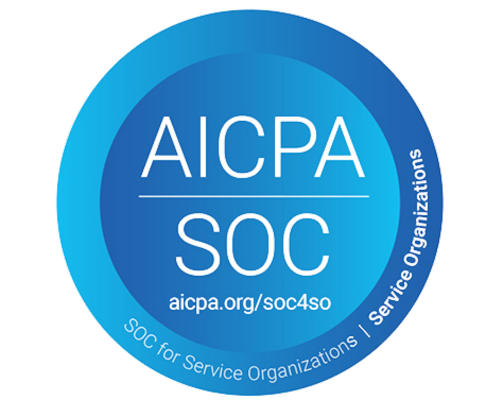Understanding Why Unemployment Benefits Are Denied: Common Reasons Explained

What Is Unemployment Insurance?
Unemployment insurance provides financial assistance to individuals who lose their jobs through no fault of their own. Under federal guidelines, every state offers unemployment insurance benefits to eligible individuals. However, not all unemployed individuals qualify for these benefits. It is the responsibility of the employer to inform the state whether an unemployment insurance claim is warranted.
What Qualifies a Terminated Employee to Receive Unemployment Insurance?
Employers pay into the federal and state unemployment insurance funds, which are used to provide financial support to eligible individuals requesting unemployment insurance benefits. Eligibility for UI benefits can be established in several ways, such as in cases of company reorganization, job redundancy, or seasonal or temporary employment contracts ending. If an employer reduces an employee's hours or a temporary layoff is caused by a natural disaster, the employee may also qualify for UI benefits.
What Disqualifies Terminated Employees?
Nonetheless, some individuals may not be eligible for unemployment insurance. For example, the length of an individual's employment with a company and their earnings during that time can disqualify them. Additionally, non-W2 employees, such as contractors or freelancers, are not eligible for UI benefits through the employers they have serviced.
When an individual applies for UI benefits, the state agency reviews their application and may automatically deny benefits based on the individual's employment history, earnings, and type of employment. There are also cases where individuals may not qualify for UI benefits, such as voluntarily leaving their jobs or being terminated due to misconduct. In such cases, employers need to address state claims requests that they believe do not qualify for UI benefits.
Employers must recognize that UI claims are not just "the cost of doing business." An employer's UI tax rate is the only tax rate that can be controlled by responding to state claims. Over time, the payout of UI claims to former employees can raise an employer's UI tax rate, which can affect the business's bottom line. Thus, effective claims management is critical. A team of UI claims management specialists can help employers stay compliant with state nuances, protect their bottom line, and focus on their present employees.
Have Questions or Need More Information?
We will get back to you as soon as possible.
Please try again later.

HRlogics




